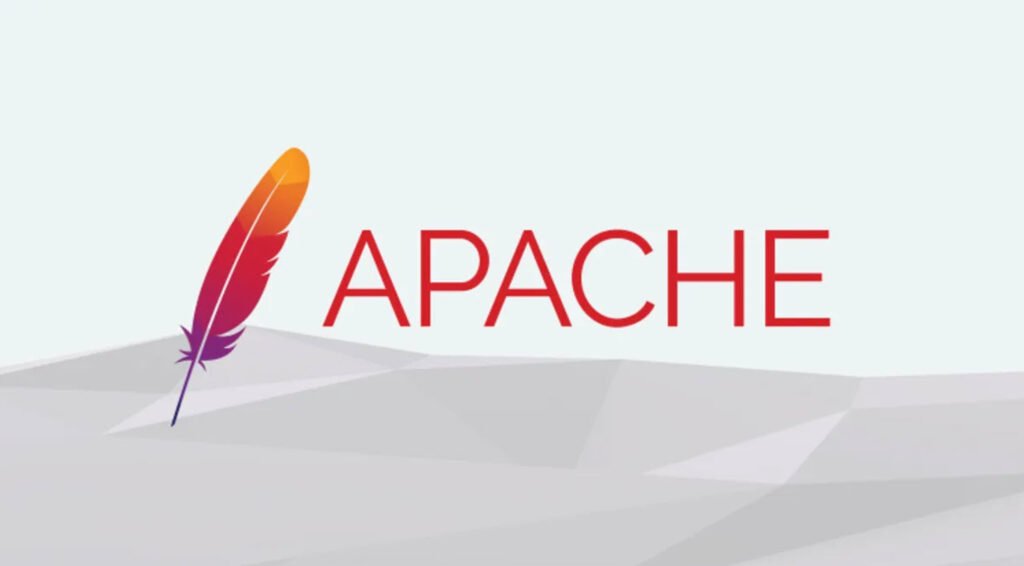
Apache HTTP Server is one of the most widely used web servers in the world. In a DevSecOps environment, securing the Apache server is essential to ensure the confidentiality, integrity, and availability of web applications. Implementing best practices to harden Apache enhances the security posture and helps mitigate potential vulnerabilities.
Here’s a list of some best practices to harden Apache for DevSecOps:
1. Disable Directory Listing
By disabling directory listing, you prevent the server from displaying the contents of directories to users who do not have an index file.
Options -Indexes2. Enable Server Signature
Enabling the server signature provides useful information about the server version and operating system in HTTP responses.
ServerSignature On3. Disable Server Signature
To reduce the exposure of sensitive information, it’s advisable to disable the server signature.
ServerSignature Off4. Change Server Header
Altering the server header can help obscure the server’s identity, making it harder for potential attackers to determine the server type.
ServerTokens Prod5. Disable Server Header
For increased security, it’s recommended to disable both the server header and server signature.
ServerTokens Prod
ServerSignature Off6. Enable HTTPS
Implementing HTTPS is crucial to encrypt data transmitted between the server and clients, ensuring secure communication.
- Install an SSL certificate.
- Configure Apache to use HTTPS.
7. Disable HTTP TRACE Method
The TRACE method should be disabled to prevent potential cross-site tracing vulnerabilities.
TraceEnable off8. Set Secure HTTP Response Headers
Implementing secure HTTP response headers enhances the security of web applications by mitigating various types of attacks.
Header always set X-XSS-Protection "1; mode=block"
Header always set X-Content-Type-Options nosniff
Header always set X-Frame-Options SAMEORIGIN
Header always set Content-Security-Policy "default-src 'self'"These headers help protect against cross-site scripting (XSS) attacks, MIME sniffing, clickjacking, and enforcing content security policies, respectively.
Implementing these best practices to harden Apache for DevSecOps significantly improves the security posture of the web server and its hosted applications. It’s essential to regularly review and update security configurations to adapt to evolving threats and vulnerabilities. Additionally, continuous monitoring and incorporating security into the DevSecOps pipeline are vital components of a robust security strategy.
You may also like:- How To Fix the Crowdstrike/BSOD Issue in Microsoft Windows
- MICROSOFT is Down Worldwide – Read Full Story
- Windows Showing Blue Screen Of Death Error? Here’s How You Can Fix It
- A Guide to SQL Operations: Selecting, Inserting, Updating, Deleting, Grouping, Ordering, Joining, and Using UNION
- Top 10 Most Common Software Vulnerabilities
- Essential Log Types for Effective SIEM Deployment
- How to Fix the VMware Workstation Error: “Unable to open kernel device ‘.\VMCIDev\VMX'”
- Top 3 Process Monitoring Tools for Malware Analysis
- CVE-2024-6387 – Critical OpenSSH Unauthenticated RCE Flaw ‘regreSSHion’ Exposes Millions of Linux Systems
- 22 Most Widely Used Testing Tools








